Finding Myself in Jail
Once a week I prepare to go to a place that most people probably never imagine themselves choosing to go - my local jail. I have been going to the...
4 min read
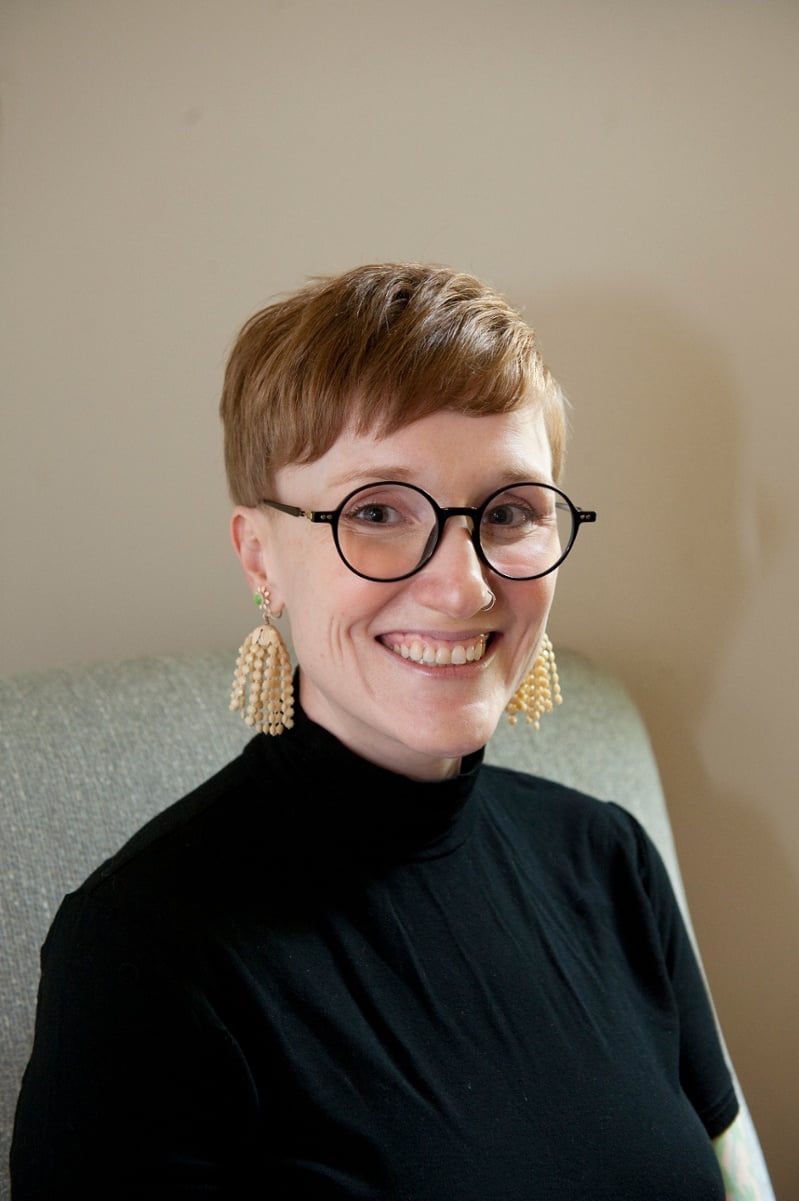 Whitney Storey, MS, LPC, ASDCS
:
Dec 30, 2022 1:53:26 PM
Whitney Storey, MS, LPC, ASDCS
:
Dec 30, 2022 1:53:26 PM
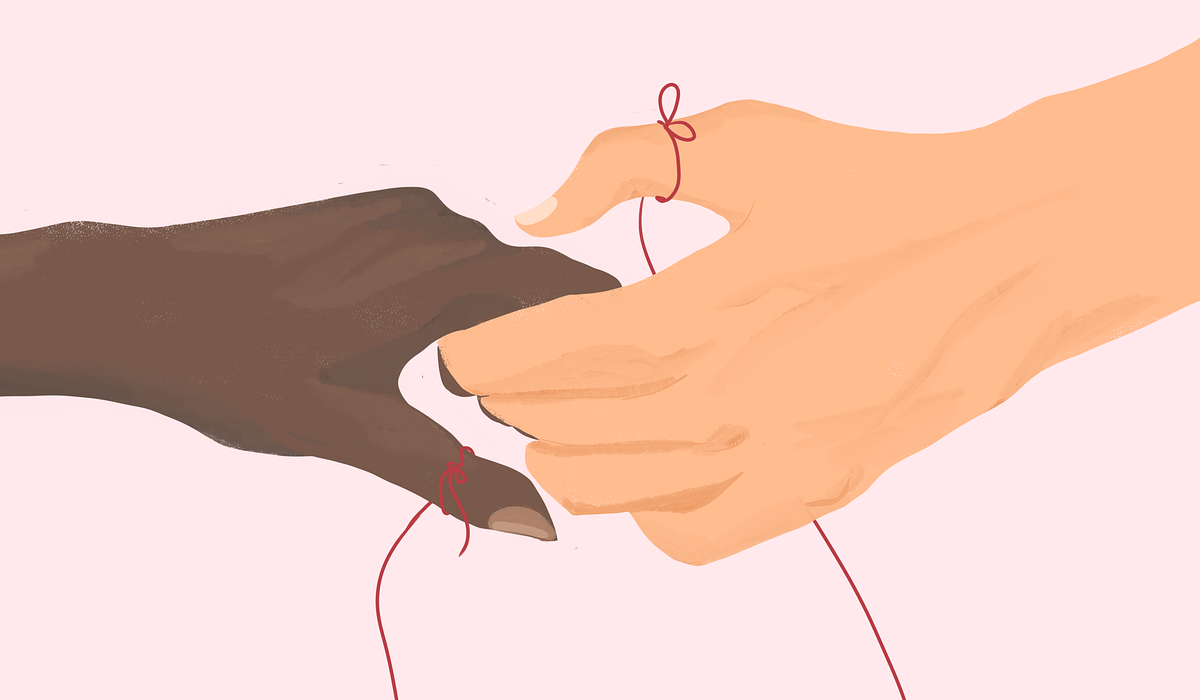
I can count on one hand the number of times I, as a cis-White woman, have been a minority in any space I have been while in the United States. Growing up in this way means that while I was aware of some differences that exist between myself and my non-White peers, I never really came face-to-face with the ripple effects of this way of living until my young-adult years. This blog explore systemic racism from this white female perspective.
My early experiences with the concepts of race and ethnicity were mostly centered around the fact that as I grew up in my Louisiana school system, I noticed that nearly all of my classmates were also White. Being in the gifted and talented program meant that myself and my peers were bussed in from other areas of the Parish to a school that was located in a neighborhood where none of us lived - a neighborhood that was primarily made up of BIPOC (Black, Indigenous, people of color) folks. The kids from the neighborhood also attended the same school, but I noticed that they (or we, I'm not sure) were kept separate.
When I looked around the spaces in inhabited (whether in the classroom, at home, in my neighborhood, at church, etc.), I was surrounded by people who looked, sounded, and acted like myself. There was no challenge in belonging or in safety. I could simply be.
What little Black and Indigenous history we did learn was taught in a theoretical way - not in a present, personally relevant way. So much was left out - so many people were left out.
My next experience was the result of my family moving to and living in Southeast Asia for two years. Here, I was a minority in that I was surrounded by primarily folks who were non-White, but there was still a strange privilege that came along with being White and especially with being a United States citizen. During this time, my pale skin and red hair were such an anomaly that I was considered to be good luck by some folks, who would approach me and touch my skin and hair without consent. As a deeply shy child, this was frightening and inappropriate, but looking back I notice that even in this time where I could look around and not see anyone who looked or sounded like myself, I held privilege. I was regarded as something better, if not because of my lucky skin and hair, then by my actual and perceived socio-economic status as an American living abroad.
My experience in these two years overseas was incredibly eye-opening at a very crucial time in my development. Having grown up in the United States South, I had been conditioned to believe in the sovereignty and superiority of the American way of living and of the United States as a whole. We were the epitome of independence and freedom. Our way of living is the ideal. What I experienced in Southeast Asia, though, was not what I had been told I would find. I was surrounded by people from all over the world; people who looked, spoke, and lived many different ways from me - and rather than this being threatening, I found my life coming more alive. My life became richer. How could this be worse? How could this be less than?
There's a saying in the mental health practitioner world that as therapists, we are a tool for increased client well-being. Decades of research on what, exactly, helps folks to make the change they are looking for and to get better have resulted in the same findings: the therapeutic relationship is what helps people. Humans are relational beings, and it's in our relationships where we find healing. This is why finding a counselor who you connect with and with whom you feel safe is vital to doing the work in therapy. Counselors (and other mental health therapists) are not all alike, just as clients are not all alike.
Not every problem that clients bring with them to counseling has to do with identity, and that is just as valid as issues related to identity. This, too, is my job as a counselor. I will never assume that things are the way that they are only because of how things appear from my side of the room.
I consider it to be the most essential task of every counselor to understand ourselves from a framework that recognizes the ways that we benefit and suffer within systems that are not always built for our well-being. It's this self work that has to lead the way in the relationships that I build with clients.
This stuff can be very uncomfortable - after all, the topics I mentioned in this blog are some of the ones we are taught we should never talk about out loud with other people. It takes vulnerable honesty to do the hard work of counseling, and my hope is that this brief look into who I am as a counselor and as a human will be the first step in making the therapy room a place where you also feel safe to be vulnerable and honest with me.
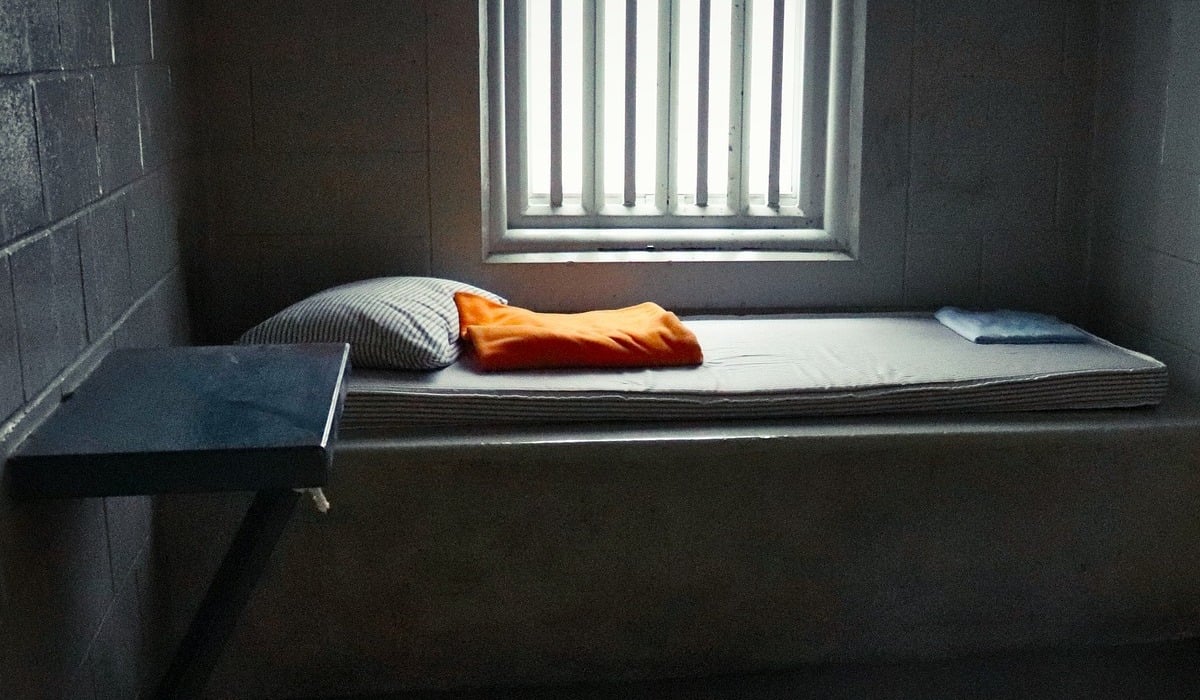
Once a week I prepare to go to a place that most people probably never imagine themselves choosing to go - my local jail. I have been going to the...
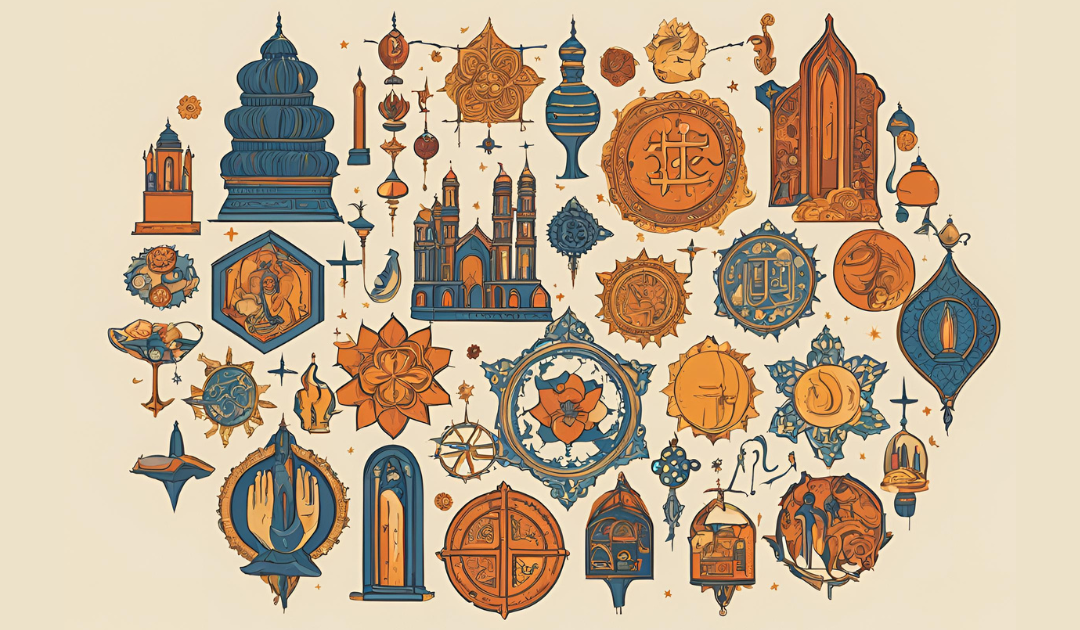
1 min read
Being a therapist in Southern Louisiana means that many of my clients have grown up with religion and that their religion/faith is an integral part...
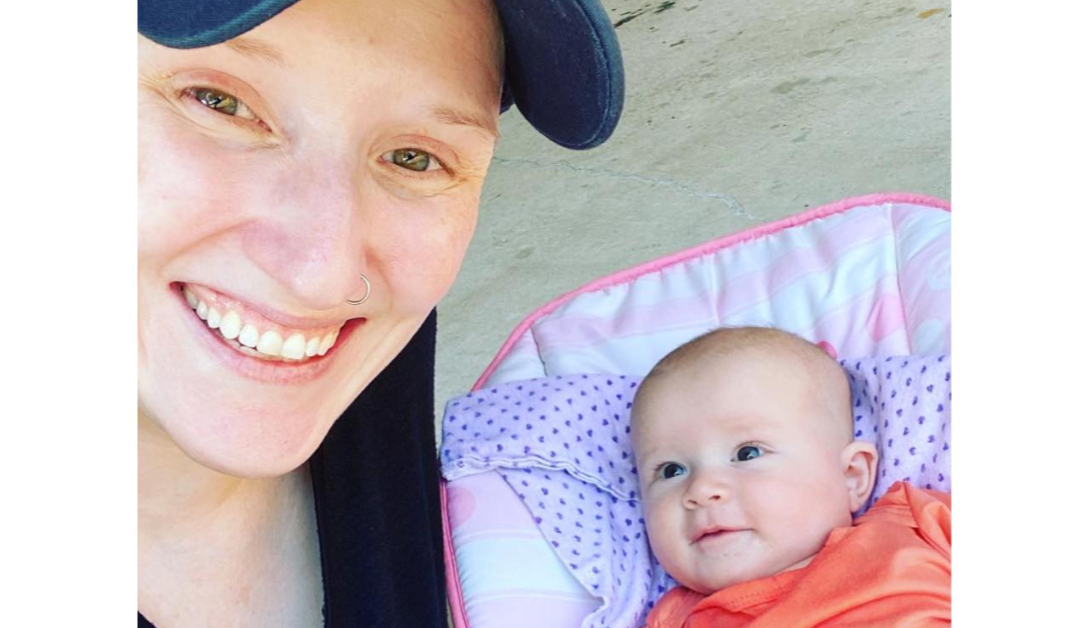
Humans are natural story tellers. We have long histories of using stories as a way to explain the unexplainable, to teach and guide our children, and...